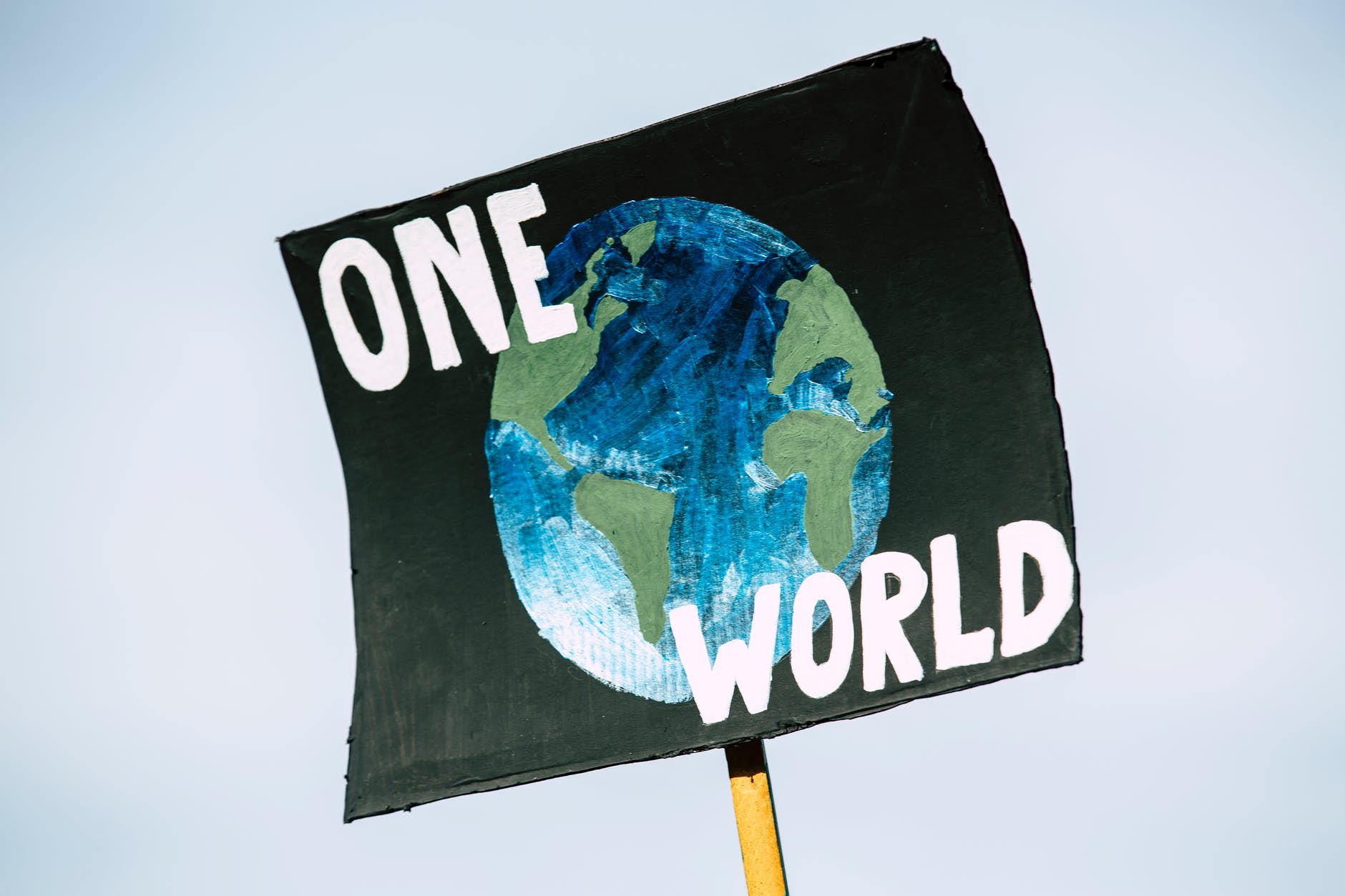
Partisan politics and lack of global unity are worsening the coronavirus pandemic, according to a top official of the World Health Organization (WHO).
WHO Director-General Dr. Tedros Adhanom Ghebreyesus encourages countries to work together as COVID-19 continues to spread worldwide.
“The cracks between people and the cracks between parties is fueling it,” Ghebreyesus said.
“Don’t use this virus as an opportunity to fight against each other or score political points. It’s dangerous. It’s like playing with fire," he said.
The worst of the pandemic is still “ahead of us" if the world does not unite, Tedros said during a press conference at the Geneva headquarters.
The Ethiopian microbiologist said he already received death threats and racist comments.
“This virus is dangerous. It exploits cracks between us,” he said.
“We need global solidarity that’s cemented on genuine national unity. Without national unity and global solidarity, trust us, the worst is yet ahead of us. Let’s prevent this tragedy," he noted.
The coronavirus, which started in Wuhan, China more than three months ago, already infected over 2.4 million people worldwide and killed around 165,000 as of Monday, based on the data from Johns Hopkins University.
However, infectious disease experts say the number of people who have had the virus is likely much higher. This is because many people remain undetected and some countries do not have enough testing capacity.
Funding cuts
Tedros’ statement on partisan politics came six days after President Donald Trump announced that the US plans to cut its funding to WHO due to its response to the coronavirus outbreak. The US is yet to evaluate the agency’s performance.
Trump criticized WHO's response to the COVID-19 outbreak. He said “one of the most dangerous and costly decisions from the WHO was its disastrous decision” to oppose travel restrictions.
Meanwhile, the WHO expressed "regret" for Trump's decision. They aim to turn to other countries to help them address the finances needed for its COVID-19 response work.
WHO's funding runs in two-year budget cycles. The US paid a $237 million required assessment as well as an additional $656 million in voluntary contributions for the 2018 and 2019 funding cycle.
Spokesman Tarik Jasarevic says this averages $446 million a year and accounts for about 14.67% of its total budget.
"We don't hide anything."
In response to criticism about their response to COVID-19 outbreak, Tedros said they had warned developed countries the virus would “surprise” them.
“It did. We said that,” he said. “Let’s stop additional surprises.”
“Please work together. We need national unity. We’ve seen the tragedy and we need global solidarity that’s based on honest and genuine national unity,” he added.
"We have been warning from day one that this is a devil that everyone should fight," Tedros told a virtual briefing in Geneva.
In addition, Tedros emphasized that having US government secondees working at their headquarters in Geneva meant they did not hide anything from the US government.
"Having CDC staff means there is nothing hidden from the US, from day one. Because these are Americans working with us. It just comes naturally and they tell what they are doing," said Tedros.
"WHO is open. We don't hide anything. Not only for CDC, them sending messages, or others – we want all countries to get the same message immediately because that helps countries to prepare well and to prepare quickly."






